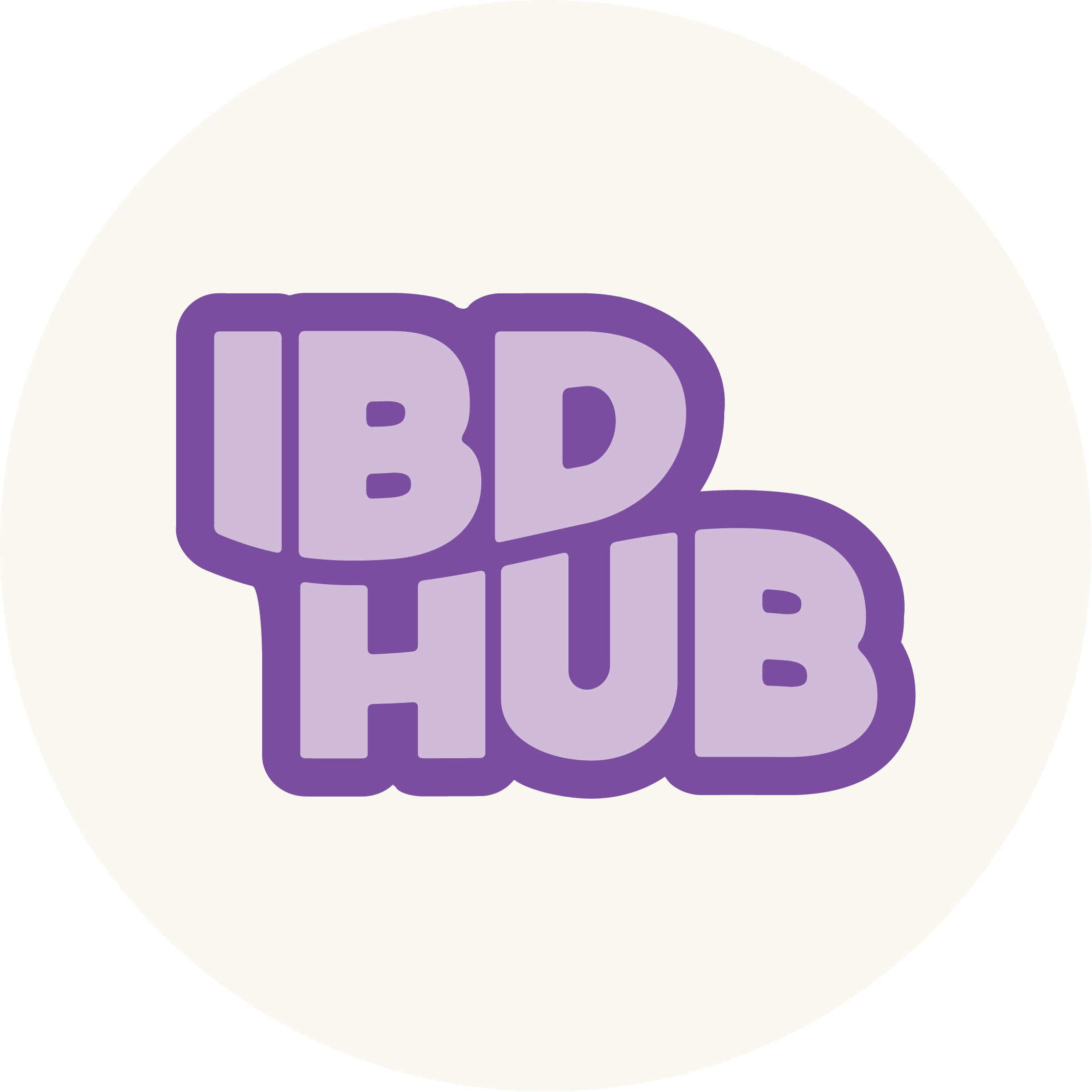When you’re desperate for relief, you’ll try anything.
Cut out gluten. Cut out dairy. Try low-FODMAP. Paleo. Vegan. Carnivore. Juice cleanses. Broths. Supplements.
If you’ve lived with Inflammatory Bowel Disease (IBD), you’ve probably stood in a supermarket aisle wondering what you’re even allowed to eat anymore.
So here’s the real question: can diet actually control IBD?
Let’s cut through the noise and get honest about it.
Spoiler: Diet Alone Won’t Cure IBD
If someone tries to sell you a magic diet that will "heal your gut naturally" and "reverse IBD" — run.
Fast.
IBD isn’t caused by bad food choices.
It’s an autoimmune disease where your body attacks its own digestive tract.
No kale smoothie, bone broth, or elimination diet can switch that off.
(And you are not to blame for being sick.)
But — Diet Does Matter
Just because food can’t cure IBD doesn’t mean it’s powerless.
What you eat can make a difference in managing symptoms, supporting your body, and giving you the best shot at feeling human again.
Food is a tool — not the whole toolbox.
What Diet Changes Can Help with IBD?
Let me say, I’m not a dietitian.
But after years of dealing with IBD and trying every food trend under the sun, I can tell you this: A qualified IBD dietitian is essential.
Not just someone who’s into gut health or selling a plan online. You need someone who actually understands the medical complexity of IBD and works alongside your clinical team. Diet can help, but only if it’s guided by someone who knows what they’re doing.
✅ Low-FODMAP for symptom relief:
- Reduces bloating, gas, and diarrhoea for some people during flares.
- Should always be guided by a dietitian (it’s not meant for long-term use).
✅ Identifying personal trigger foods:
- Some people find spicy foods, high-fat meals, caffeine, or alcohol make symptoms worse.
✅ Nutritional support:
- Focusing on nutrient-dense foods to rebuild strength when inflammation, blood loss, or weight loss hit hard.
✅ During flares:
- Softer, low-fibre foods (think white rice, bananas, smooth nut butters) can be gentler on an inflamed gut.
✅ Rebuilding in remission:
- Gradually reintroducing fibre, whole grains, and variety to support long-term gut health.
What Diet Changes Don’t Do
⚡ They don’t replace medication.
Stopping immunosuppressants or biologics because you "found a diet that works" is playing with fire.
Diet supports remission; it doesn’t build it from scratch.
⚡ They don’t prevent flares forever.
Even with a flawless diet, you can still flare because inflammation isn’t 100% food-driven.
⚡ They don’t have to be all-or-nothing.
You don’t have to live in fear of eating birthday cake, pasta, or cheese for the rest of your life. Flexibility matters for mental health too.
Real Talk: Food Fear Can Become Its Own Prison
When you’ve been through gut trauma, it’s so easy to fall into hyper-vigilance.
Every bite feels like a gamble. Every meal feels like a risk.
But here’s the thing: food is supposed to nourish, not punish.
The goal isn’t to build a tiny, joyless "safe food" box and live inside it forever.
The goal is to rebuild trust with your body, slowly and compassionately.
The Bottom Line
Diet is a tool, not a cure.
Used wisely, it can help you feel stronger, manage flares better, and support your healing journey.
But it doesn’t erase the need for medical care, emotional support, and most importantly, self-compassion.
You deserve a life that’s bigger than just what’s on your plate.
Note
This blog is based on personal experience and publicly available information. I am not a dietitian, I am not a doctor, I am not a medical professional, and I am not a lawyer. It is not intended to replace medical advice. Always consult a qualified healthcare professional for decisions about your health.

